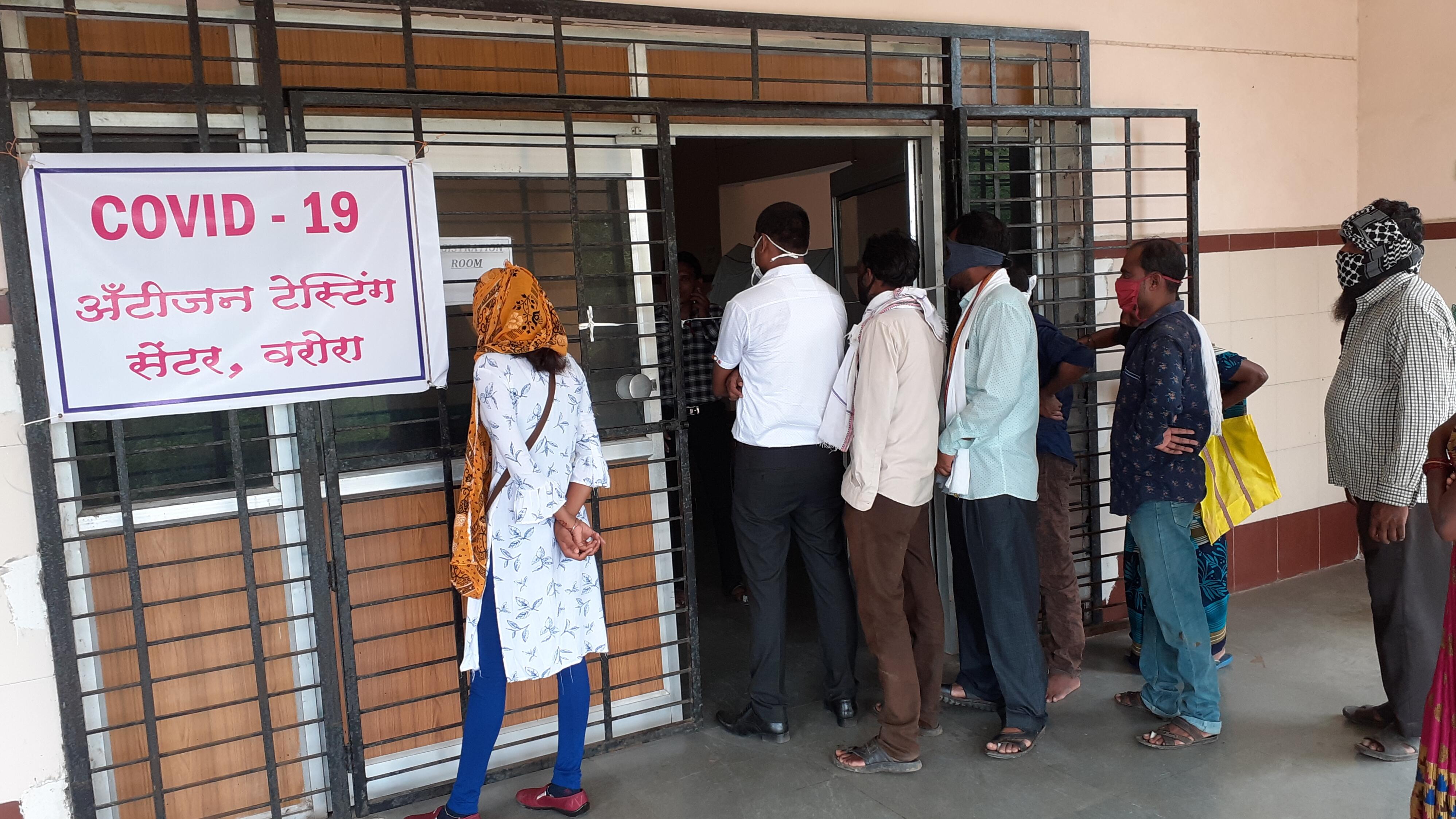
The speed of the COVID-19 pandemic has meant that evidence on treatments and management of the disease is emerging rapidly, making it difficult to examine results systematically in such a short space of time. With few guidelines having used formal evidence synthesis and GRADE approaches, particularly with relevance to low- and middle-income countries, the multidisciplinary expert group and clinicians working directly with COVID-19 patients collaborated to develop nationally relevant guidelines, such as the Indian one.
LSTM’s Professor Paul Garner, Co-ordinating Editor of Cochrane Infectious Diseases Group, has acted as a methodological expert and been part of the team advising on how the systematic reviews of evidence should be used.
He said: “These guidelines represent an important step in India’s ongoing work to manage the pandemic in the country. This group of dedicated young clinicians preparing the evidence summaries, and some of the most senior and experienced clinicians in the country drawing out the recommendations, have all seen first-hand the devastating impact of COVID-19 on the ground. They have worked together to develop these guidelines, providing the very best, most up-to-date information on treatment and management options relevant to India. As time goes on, these guidelines will develop and increase, and I am glad that we have been able to be part of that process.”
LSTM’s Dr Tom Fletcher has chaired the External Advisory Panel, which has been comprised of experts from throughout India, as well as other institutions internationally, including the University of Liverpool.
The idea of a formal guideline process with evidence synthesis came about as a result of an earlier project in developing clinical guidelines for extrapulmonary TB with the Revised National TB Control Program, the All India Institute of Medical Sciences, and the Cochrane Infectious Diseases Group as part of the FCDO funding to Cochrane. This new guideline process for COVID-19 is chaired by Dr Priscilla Rupali, a Professor of Infectious Diseases and deputy Chair of the Hospital Infection Control Committee at Christian Medical College (CMC), Vellore. Dr Bhagteshwar Singh, a Clinical Research Fellow from the University of Liverpool, based at CMC Vellore for his PhD focusing on brain infections, was a major driver in this process of evidence synthesis.
Professor Rupali said: “One reason we thought it important to develop guidelines for COVID-19 was that it was a new disease, and there was nothing known about appropriate treatments. There was widespread panic and anxiety among both patients and staff alike. The panic due to escalating numbers resulted in people using experimental treatments, so there was a real need for evidence-based management guidelines that could be used in low- and middle-income countries.”
The guidelines that resulted from this process were much appreciated by academics and clinicians country-wide, and the group is continuing to add new guidelines over the coming weeks. Details are available at www.indiacovidguidelines.org